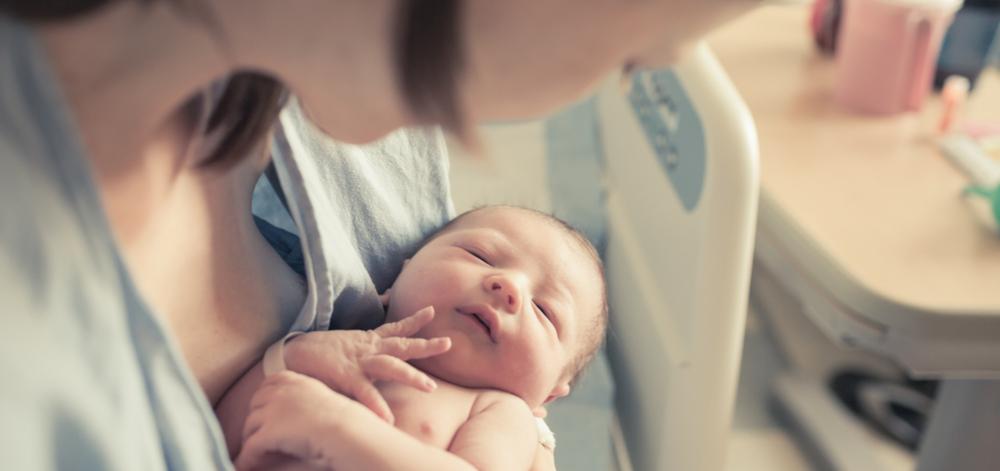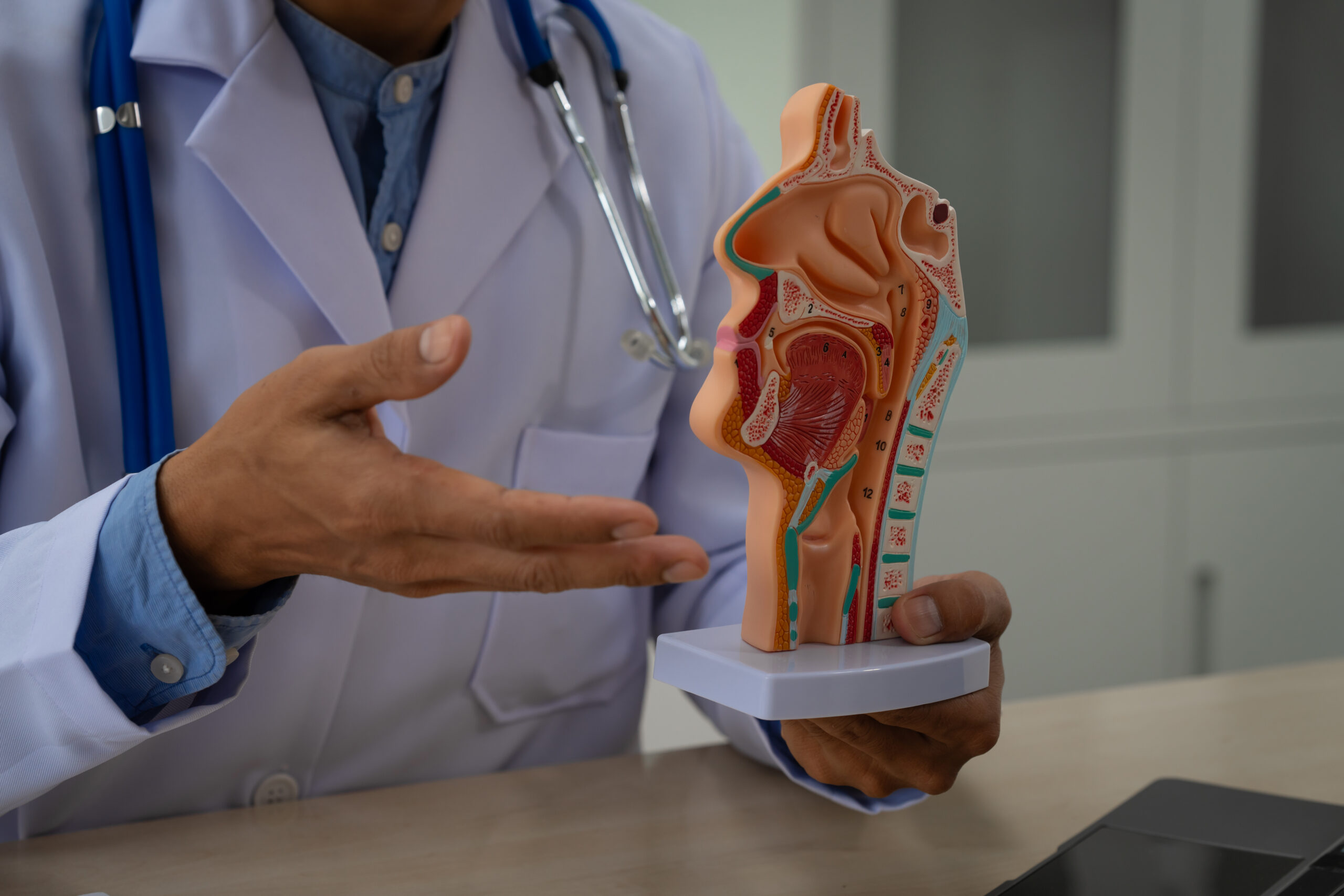Your body will no doubt endure some tough, uncomfortable changes during those nine months of carrying your little wonder. As you enter the new phase in your life – motherhood – you may start to notice your body diving into another series of changes right after your delivery.
Fret not! This is completely normal in the postpartum phase, and it doesn’t go away in just a few days, as your body needs time to heal and gain back its strength. It may be frustrating to go through another cycle of discomfort, but don’t feel defeated just yet, here’s some useful information and tips to help get you through the next phase.
1. Vaginal Discharge
For the first few weeks after your delivery, your body discharges all the leftover blood and tissue from your uterus. At first, the discharge is bright red with some blood clots, but this lessens and gets lighter in colour overtime. Don’t be alarmed if you notice this for even a month or more.
There’s no need to stop this from happening, but you can definitely be prepared when it does. Remember to always wear sanitary pads after your delivery to save the hassle of cleaning stains on your underwear or bedsheets.
2. Perineum Soreness
During childbirth, your skin and tissues between your vagina and rectum may have torn or stretched during delivery. This is why your perineum may start to feel swollen, sore or painful after your delivery.
To prevent infections and reduce swelling, apply either cold packs or warm water to the affected area, and always keep it clean, especially after going to the loo. To help with the discomfort, you may want to get a doughnut-shaped or U-shaped pillow to remove pressure from that area when you are sitting down. You can also consult a doctor for effective pain-relieving medications.
3. Stretch Marks
Stretch marks may appear on the area where your belly expanded during pregnancy. Sometimes, these marks can also appear on other parts of your body such as your thighs, butt and hips. You can’t completely remove these marks, but there are some oils, creams or lotions to reduce itching and keep the skin healthy and smooth. Overtime, these marks will start to fade into a colour closer to your skin tone.
4. Swollen Breasts
When you start to lactate, which usually occurs a few days after delivery, your breasts will start to grow in size, and feel sore. This will slowly go away once your breastfeeding pattern regulates.
You can reduce the pain and discomfort by getting a well-fitted bra to support your breasts and by applying ice packs. You can also use breast pumps to help with expressing milk, and this may ease some of the pressure as well. However, don’t express any milk and avoid hot showers when you’re not nursing your little one.
5. Post-Natal Depression
Many women go through a phase of temporary depression after delivery. Hormonal changes, coupled with the daunting responsibility of motherhood can make new mums feel anxious, lonely, overwhelmed, depressed and even angry. About up to a fifth of women experience this, and it usually goes away on its own.
However, if it goes on for a long period of time and is affecting your ability to care for your baby, enlist the support of your family and close friends and consult a doctor for medications that can help you cope with your condition.
6. Urinary Incontinence
New mothers may experience urinary problems shortly after childbirth, where urine may inadvertently be passed out when laughing or coughing due to weakening of the pelvic floor muscles during pregnancy. This is usually caused by the stretching of the bladder during pregnancy and delivery.
You can prevent spillage by wearing sanitary pads or protective underwear. Performing daily kegel exercises to strengthen your pelvic floor muscles can also help to gradually reduce the occurrence of incontinence over time. However, if the problem doesn’t go away after 6 weeks or gets too disruptive, it may be pointing to another medical condition – you should seek help from a doctor.
7. Pain During Sexual Intercourse
It takes time for your body to heal after your delivery, so it’s best to wait a while before having sexual intercourse. Usually, your vagina takes about up to six weeks to heal completely. However, after this, you may still experience discomfort or pain when having sex, especially if you are nursing your baby. Due to the pain and emotional changes, this may also reduce your libido. Since this issue can affect your sexual relationship with your partner, it would help greatly to share your feelings with him so both of you can deal with the issue together.
These physical changes that your body experience are all part and parcel of the incredible journey of motherhood, and you’re not in this alone. Get the support of your loved ones, and learn to embrace and accept all the ups and downs that come with bringing a new life into this world.
However, if the pain gets too unbearable or disruptive, don’t feel embarrassed to speak to a doctor and lactation consultant to treat any postpartum conditions and help you along the way!







